How will Brexit affect immigration?
Business leaders urge Government to scrap ‘blunt migration targets’ amid fears of labour shortfall
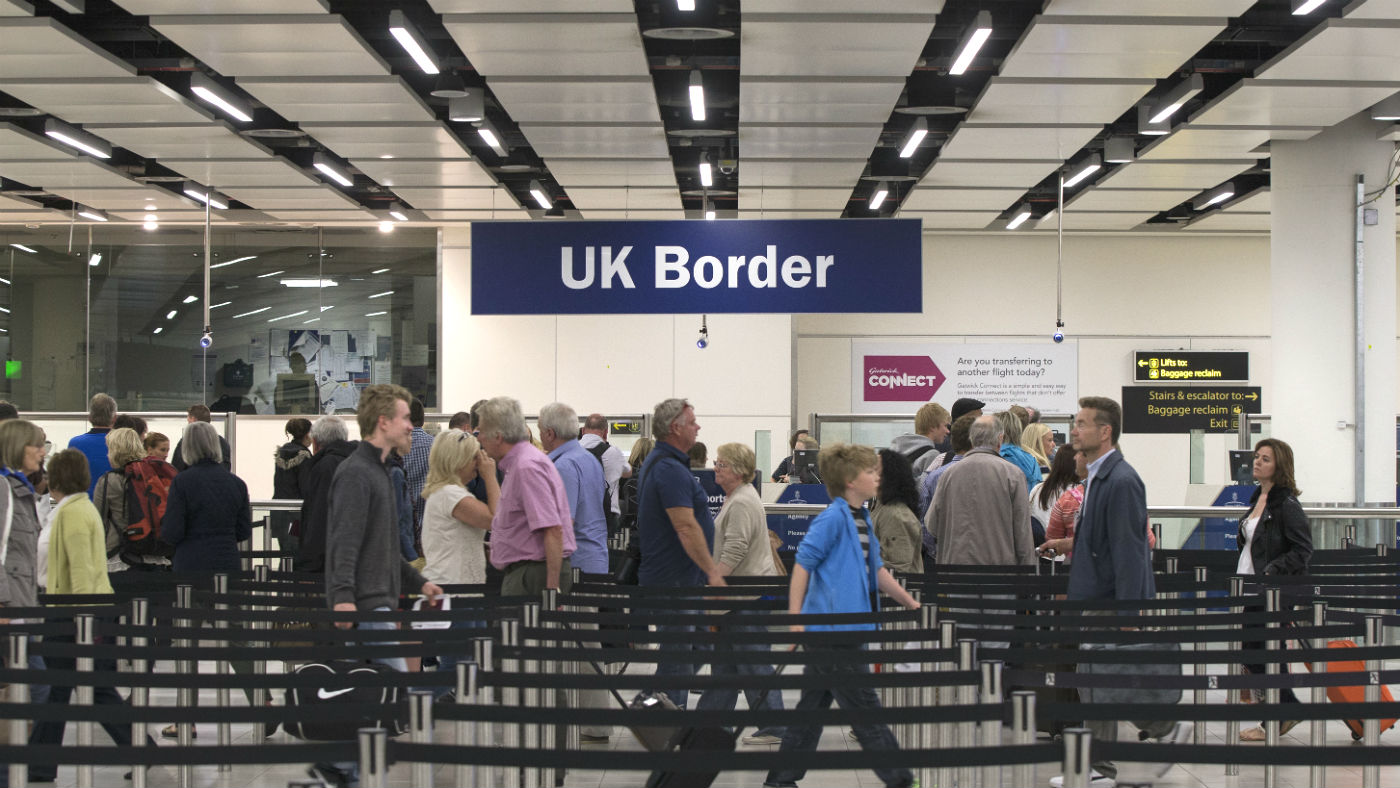
A free daily email with the biggest news stories of the day – and the best features from TheWeek.com
You are now subscribed
Your newsletter sign-up was successful
Business leaders in the UK have called for a more relaxed government policy on post-Brexit immigration in a bid to protect companies from potential staffing shortages after Britain leaves the European Union.
In a report titled Open and Controlled: a New Approach to Migration, the Confederation of British Industry (CBI) urges Theresa May to abandon her net migration target and continue to allow visa-free entry into the UK by EU citizens who can make a positive contribution to the economy.
May’s government has a “long-standing target to reduce net migration to below 100,000 a year”, says Bloomberg, which adds that “freedom of movement from the EU was also a rallying point for Leave voters in the 2016 Brexit referendum”.
The Week
Escape your echo chamber. Get the facts behind the news, plus analysis from multiple perspectives.

Sign up for The Week's Free Newsletters
From our morning news briefing to a weekly Good News Newsletter, get the best of The Week delivered directly to your inbox.
From our morning news briefing to a weekly Good News Newsletter, get the best of The Week delivered directly to your inbox.
But are the CBI’s fears justified? How will Brexit affect immigration?
EU immigration
The prime minister has said that free movement - the policy that allows citizens from member states to live and work freely around the EU - will end in the UK after Brexit.
Her government has not presented any concrete plans on how EU citizens will apply for residency or work in post-Brexit Britain, Quartz reports. However, a leaked Home Office document in 2017 showed that the Government was considering introducing restrictions to deter all but the most highly skilled EU workers.
A free daily email with the biggest news stories of the day – and the best features from TheWeek.com
The UK is currently home to around 3.6 million EU nationals, who account for between 4% and 30% of the workforce in every major sector, according to the CBI.
EU nationals arriving after 30 March 2019 will be given a “temporary status” allowing them to stay beyond the end of a transition phase in December 2020. But the CBI has suggested that May’s “burdensome non-EU visa rules” following Brexit could see a depletion in the UK workforce, harming both large and small businesses as well as vital public services.
Calling for May to scrap her “blunt targets”, CBI deputy director-general Josh Hardie said: The stakes couldn’t be higher. Get it wrong, and the UK risks having too few people to run the NHS, pick fruit or deliver products to stores around the country.
“The needs are more complex than only ensuring that the UK can attract the ‘brightest and best’.”
Quartz claims that if EU citizens had to fit the current criteria for those applying to live and work in Britain from outside the EU, the “salary and skills requirements mean most would not be successful in their applications”, since migrants seeking “Tier 2” visas for skilled workers are required to earn at least £30,000 a year.
However, The Independent reported in April that UK negotiators may make an offer to the EU to secure a “very similar” arrangement to current free movement rules. In this scenario, little would change.
Non-EU immigration
NHS bosses have repeatedly said that these financial requirements and caps on entries with Tier 2 visas make it difficult to recruit enough people from abroad to staff the health service, which as of February, had 35,000 vacancies for nurses and nearly 10,000 for doctors.
In June Home Secretary Sajid Javid said that the UK would relax its immigration controls for workers from outside the EU in the run-up to Brexit in order to make up for this shortfall.
Reports at the time suggested that the Government might remove the Tier 2 visa cap for doctors and nurses from non-EU countries, which usually restricts the number of skilled workers to 20,700 people a year.
Even before Javid’s plan was announced, the ball already appeared to have been set rolling. Net migration of non-EU citizens rose to 282,000 in 2017, up from 249,000 in 2016, according to the Office for National Statistics. And new arrivals are increasingly likely to have a job already confirmed before they reach the country, the ONS adds.
-
 Properties of the week: pretty thatched cottages
Properties of the week: pretty thatched cottagesThe Week Recommends Featuring homes in West Sussex, Dorset and Suffolk
-
 The week’s best photos
The week’s best photosIn Pictures An explosive meal, a carnival of joy, and more
-
 The ‘ravenous’ demand for Cornish minerals
The ‘ravenous’ demand for Cornish mineralsUnder the Radar Growing need for critical minerals to power tech has intensified ‘appetite’ for lithium, which could be a ‘huge boon’ for local economy
-
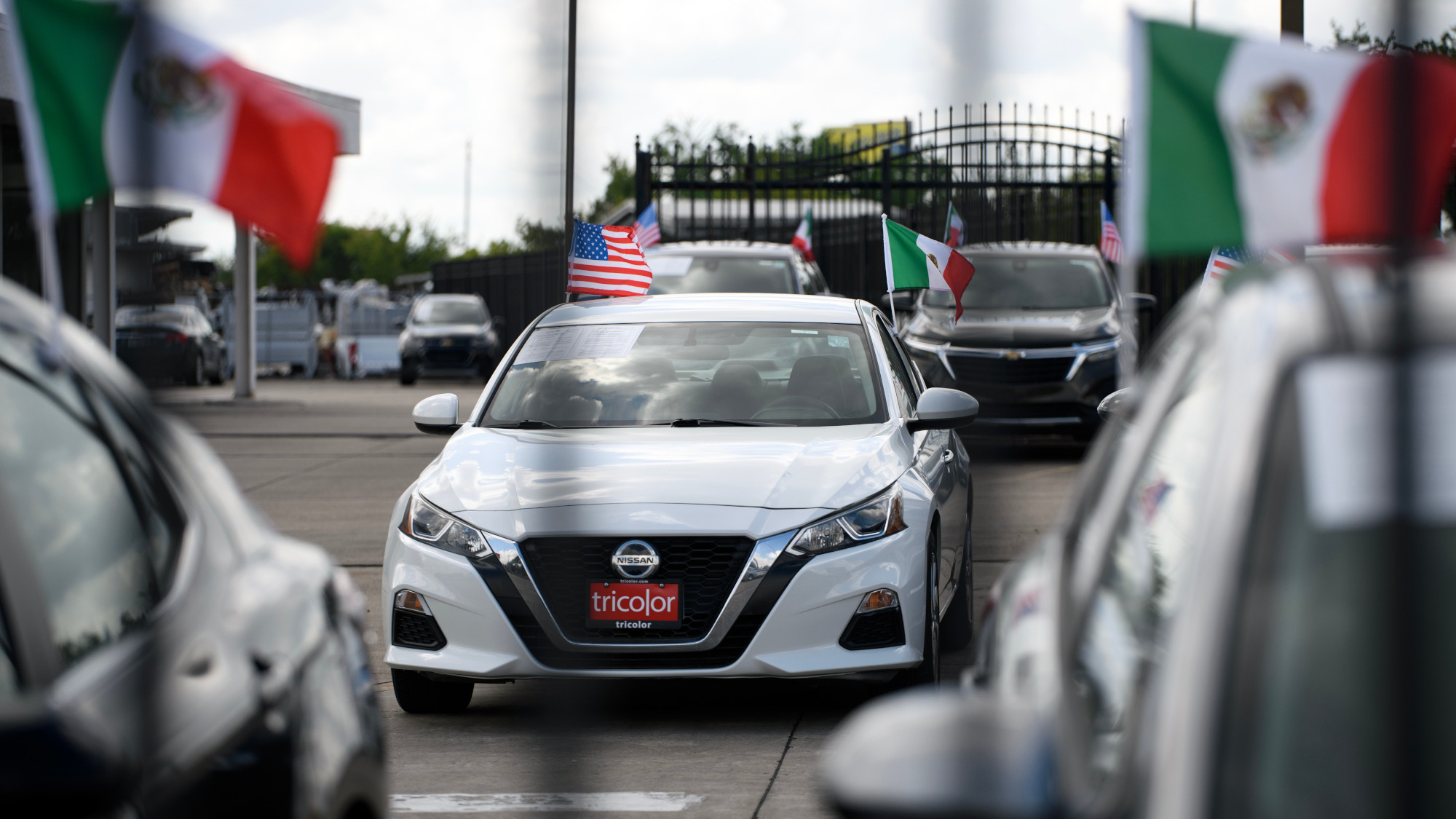 Auto loans: Trouble in the subprime economy
Auto loans: Trouble in the subprime economyFeature The downfall of Tricolor Holdings may reflect the growing financial strain low-income Americans are facing
-
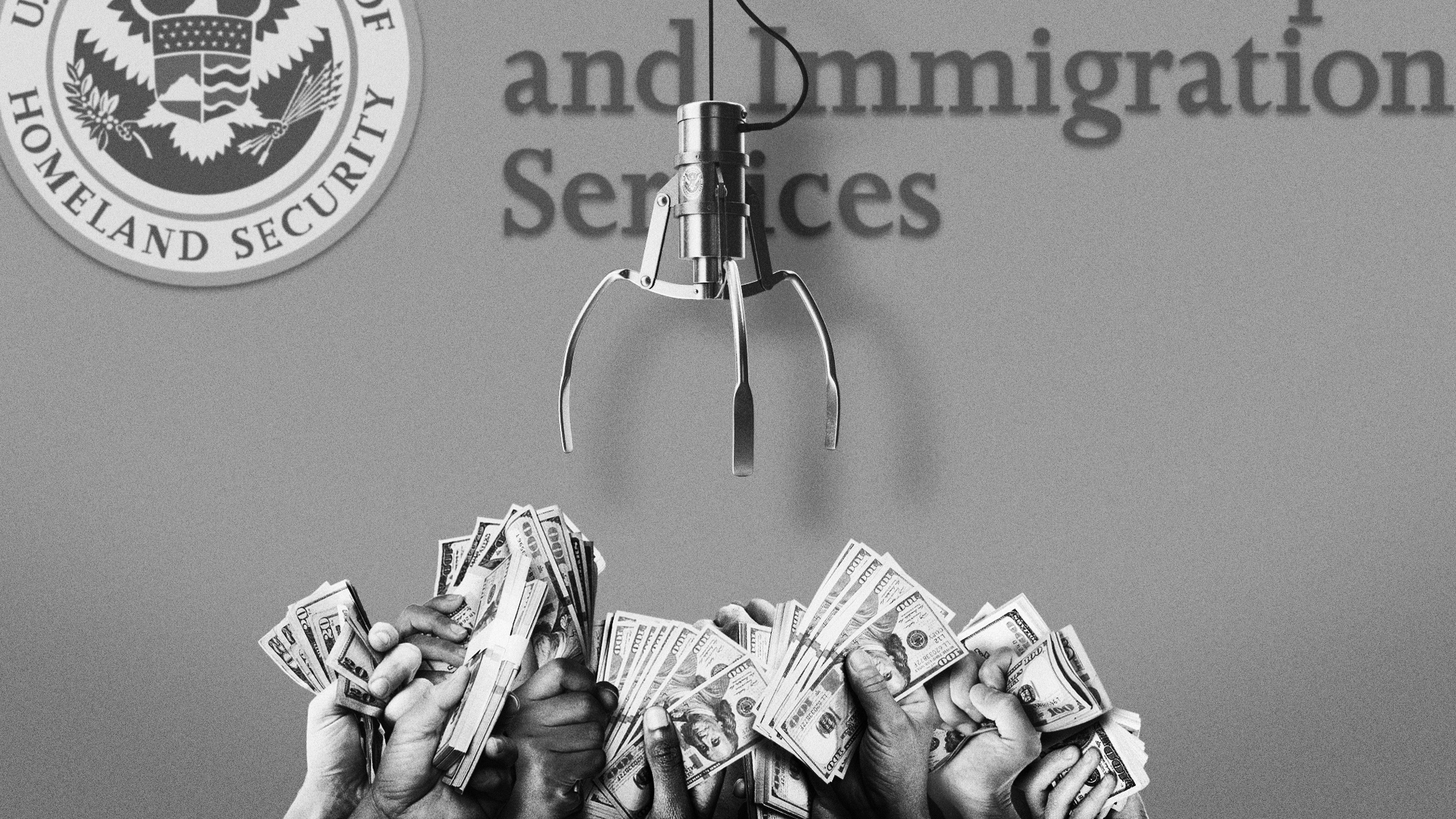 Who benefits from Trump’s new $100,000 H-1B visa fee?
Who benefits from Trump’s new $100,000 H-1B visa fee?In the Spotlight American workers might see gains. But there are drawbacks.
-
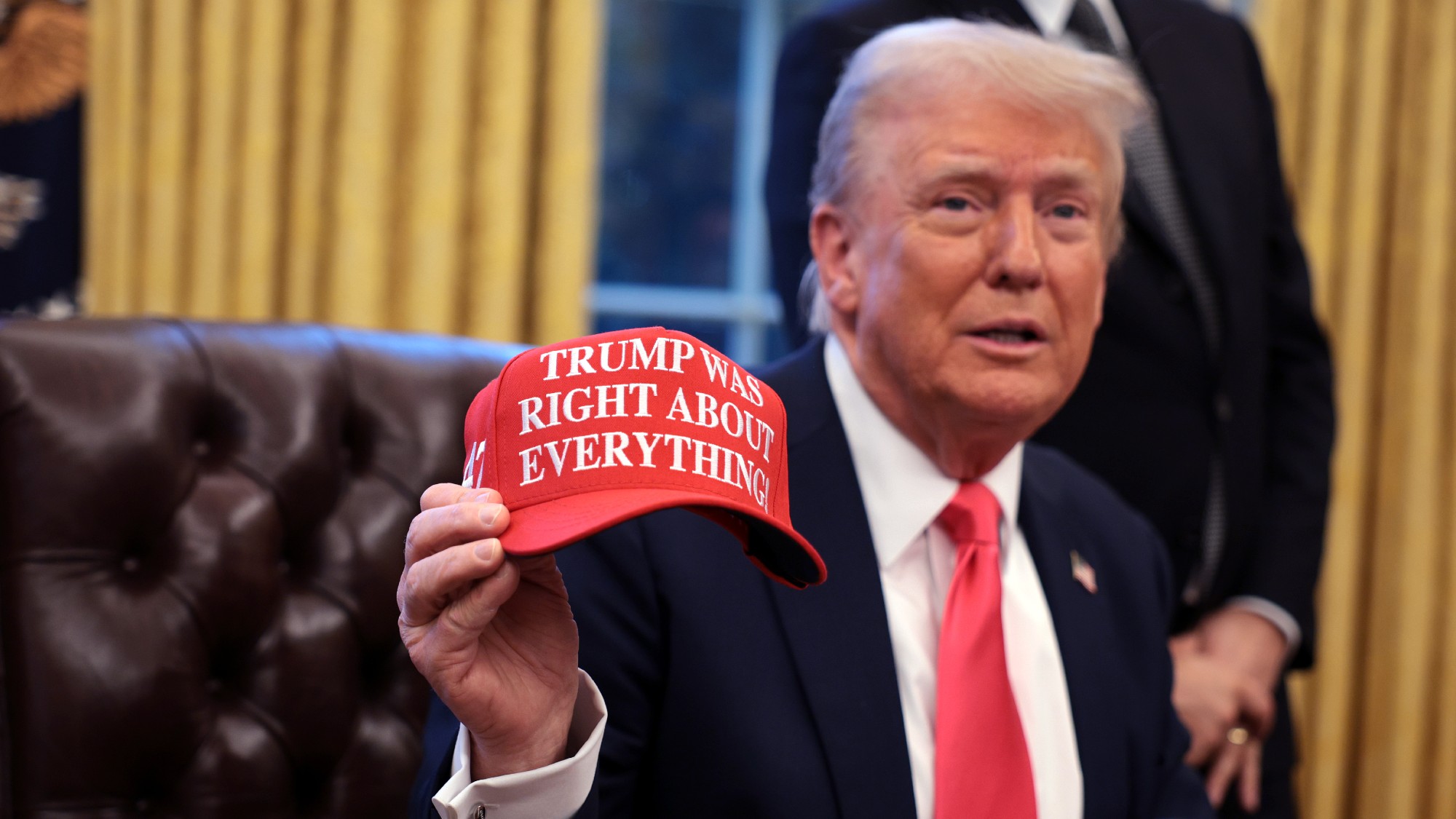 Is Trump's tariffs plan working?
Is Trump's tariffs plan working?Today's Big Question Trump has touted 'victories', but inflation is the 'elephant in the room'
-
 Why Spain's economy is booming
Why Spain's economy is boomingThe Explainer Immigration, tourism and cheap energy driving best growth figures in Europe
-
 Can the UK avoid the Trump tariff bombshell?
Can the UK avoid the Trump tariff bombshell?Today's Big Question President says UK is 'way out of line' but it may still escape worst of US trade levies
-
 Five years on, can Labour's reset fix Brexit?
Five years on, can Labour's reset fix Brexit?Today's Big Question Keir Starmer's revised deal could end up a 'messy' compromise that 'fails to satisfy anyone'
-
 Why au pairs might become a thing of the past
Why au pairs might become a thing of the pastUnder The Radar Brexit and wage ruling are threatening the 'mutually beneficial arrangement'
-
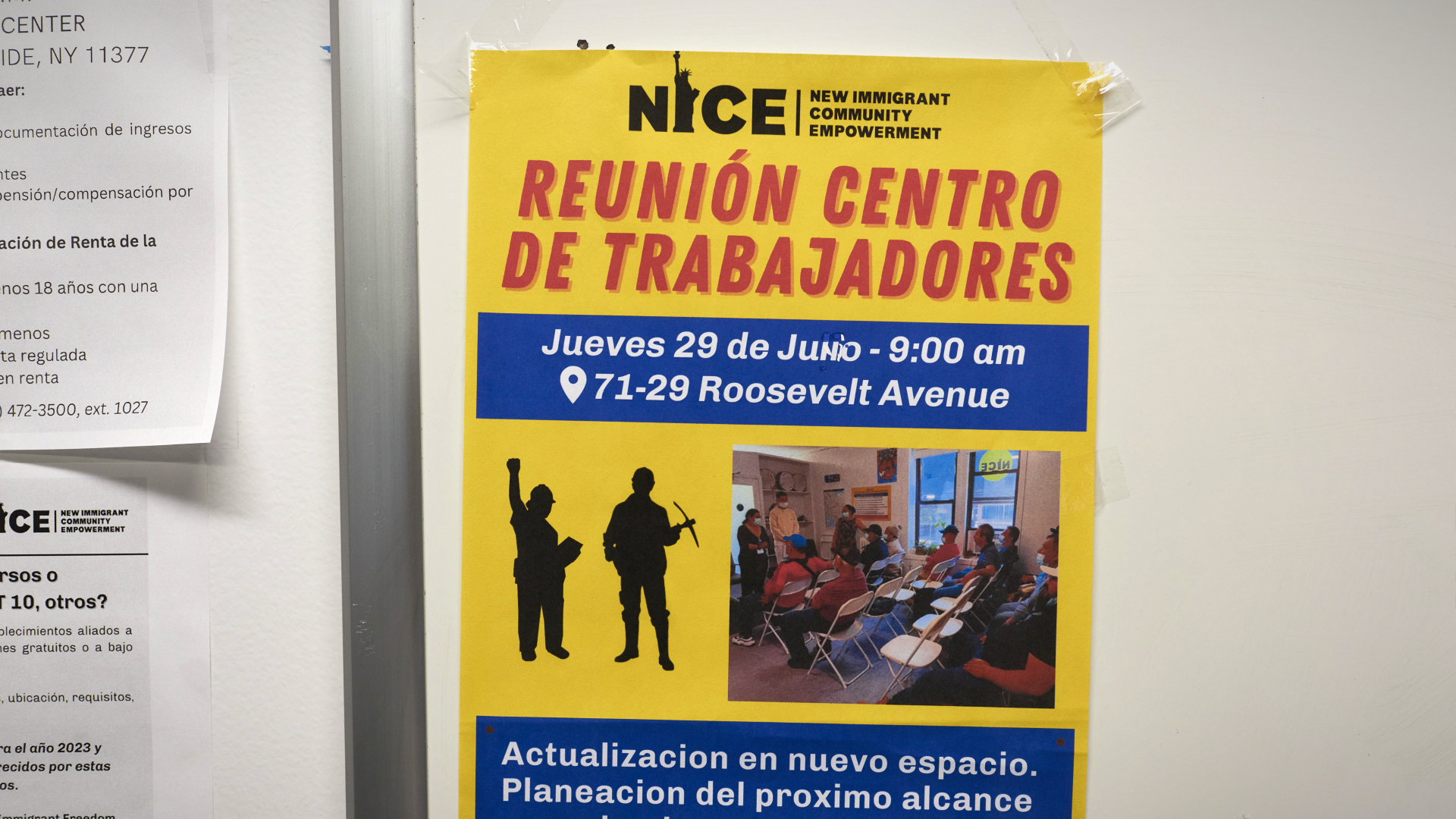 Immigration helped the US economy outpace peers
Immigration helped the US economy outpace peersspeed read The U.S. economy grew at an annualized rate of 3.2% last quarter